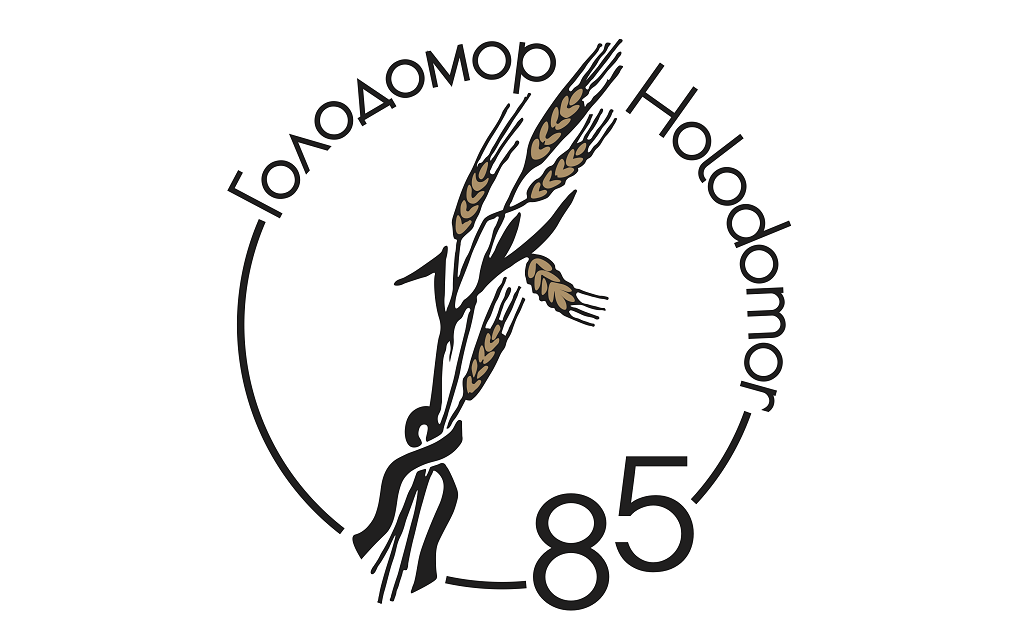Irina Boyko.
November 24, 2018, Ukrainians around the world commemorated the 85th anniversary of the horrific famine-genocide of Ukraine, well-known as the Holodomor.
Today, as Ukraine is forced to defend its independence and territorial integrity against a foreign aggressor, it is important for the international community to recognize a historical fact in the history of Ukraine – the Holodomor was a genocide, not just a “tragedy” as stated by the UN in its 2003 Joint Statement on the Holodomor.
In the UN Convention on the Prevention and Punishment of the Crime of Genocide, legal scholar Raphael Lemkin defines genocide as any of the following acts committed with intent to destroy, in whole or in part, a national, ethnical, racial or religious group, including: (1) killing members of the group; (2) causing serious bodily or mental harm to members of the group; (3) deliberately inflicting on the group conditions of life calculated to bring about its physical destruction in whole or in part; (4) imposing measures intended to prevent births within the group; and/or (5) forcibly transferring children of the group to another group.
Backtracking to the late 1920s, following a brief period of cultural autonomy, Soviet leader Joseph Stalin decided to curtail the independence to which Ukrainians had become accustomed. An agricultural collectivization policy was implemented eliminating private ownership of land, crops and livestock, and establishing state-owned collective farms controlled by Soviet or Communist Party officials. Many Ukrainian farmers resisted this collectivization.
The Holodomor was part of a genocidal policy that was described by Raphael Lemkin as a four-pronged attack on the Ukrainian nation. The first target was the intelligentsia, or national brain, thousands of whom were liquidated, imprisoned or deported, generally to remote Russian regions. The second target was the Ukrainian Autocephalous Orthodox Church, which was liquidated with its leadership and clergy. The third target was the farmer that was the repository of Ukrainian tradition, folklore and music, the national language and literature. Finally, the ethnic Ukrainian population was diluted with villagers from other parts of the Soviet Union who were brought in to replace those who died from starvation during the Holodomor.
The Holodomor claimed millions of lives. According to the UN Joint Statement on the Holodomor from 2003 approximately 7-10 million lives. Although the number of victims is subject to ongoing research with the opening of previously classified archives and the availability of new methodologies, it is clear that it was the Ukrainian population that was targeted and traumatized as a result.
Ukrainians who managed to survive, were prohibited from speaking about the famine. The survivors buried their culture along with their relatives who were lost during the Holodomor, and assimilated into the Russian culture and language. The occurrence of any famine was denied by the Soviet Union and an information blockade prevented journalists and foreigners from travelling into the starvation-torn areas. Soviet propaganda promoted a happy, collectivized farming culture.
Disinformation was one of the weapons used in the 1930s during the Holodomor and now today, in 2018, we see similar tactics and methods being used once again against Ukraine and its people. The war in Eastern Ukraine is real, although to a great extent forgotten, and has resulted in over 11,000 dead, 25,000 injured and the internal displacement of over 1.6 million residents. The Russian Federation continues to paint Ukraine as a failed state because similarly to the 1920s, the fear remains the same – an independent Ukraine that will prevent the emergence of a new Soviet Union.
The international community, and Canada in particular, has been supportive of Ukraine as it defends its territory, furthers reforms and moves closer to the European Union. The Federal Government recognized the Holodomor as genocide in 2008. Similar legislation was passed by the provinces of Saskatchewan, Manitoba, Alberta, Ontario and Quebec. The time has come for the entire world led by the UN to understand the Holodomor, learn its implications on world events, and in solidarity with Ukraine, finally recognize the Holodomor for what it was – a genocide of the Ukrainian people.
This article was prepared under the auspices of the UCC Journalism Mentoring Project
Irina Boyko is currently a third-year economics student with an interest in Ukrainian studies, at the University of Manitoba. She is active in the Ukrainian community, with her recent volunteer work with the Operation Unifier event as an appreciation event for the Canadian soldiers who fought in Ukraine. As well, she is currently the President of Manitoba’s Ukrainian Canadian Student Society (MUCSS).
Share on Social Media




































